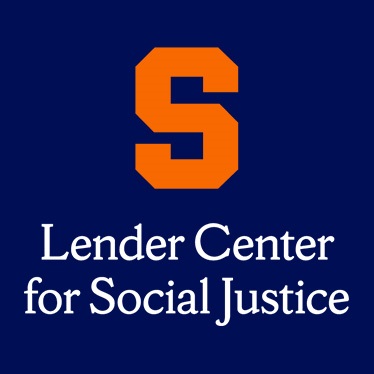Inequality in Literacy Skills at Kindergarten Entry at the Intersections of Social Programs and Race
Michah Rothbart, Colleen Heflin
Children and Youth Services Review, February 2023
Substantial education policy research focuses on economic and racial/ethnic differences in academic achievement. While previous research explores the extent to which educational disparities exist by one of these margins, little work documents how academic achievement varies at the intersection of economic insecurity and racial/ethnic identity.
Using child-level data from Virginia, we document differences at these intersections for children in kindergarten, focusing on the link between social program participation (TANF, SNAP, eligible for free/reduced-price school meals) and literacy and phonological awareness skills, attending to variation between programs and by race/ethnicity.
We first compare children in households receiving no, and relatively low, medium, and high support, finding literacy and phonological awareness skills are greatest among children that do not participate in any of the three social programs considered, followed by those who are only eligible for free/reduced-price school meals, and then those who participate in SNAP, and finally those who participate in TANF. These differences are likely to reflect differences in household resources.
The primary objective of our paper is to examine the extent to which race modifies the relationship between program participation and PALS scores, and we find that it does; Black and Asian children who participate in public supports typically outperform similar program-participating White children, with Hispanic children lagging further behind.
Related News
School News

Nov 25, 2025
Commentary

Nov 20, 2025
School News

Nov 17, 2025


